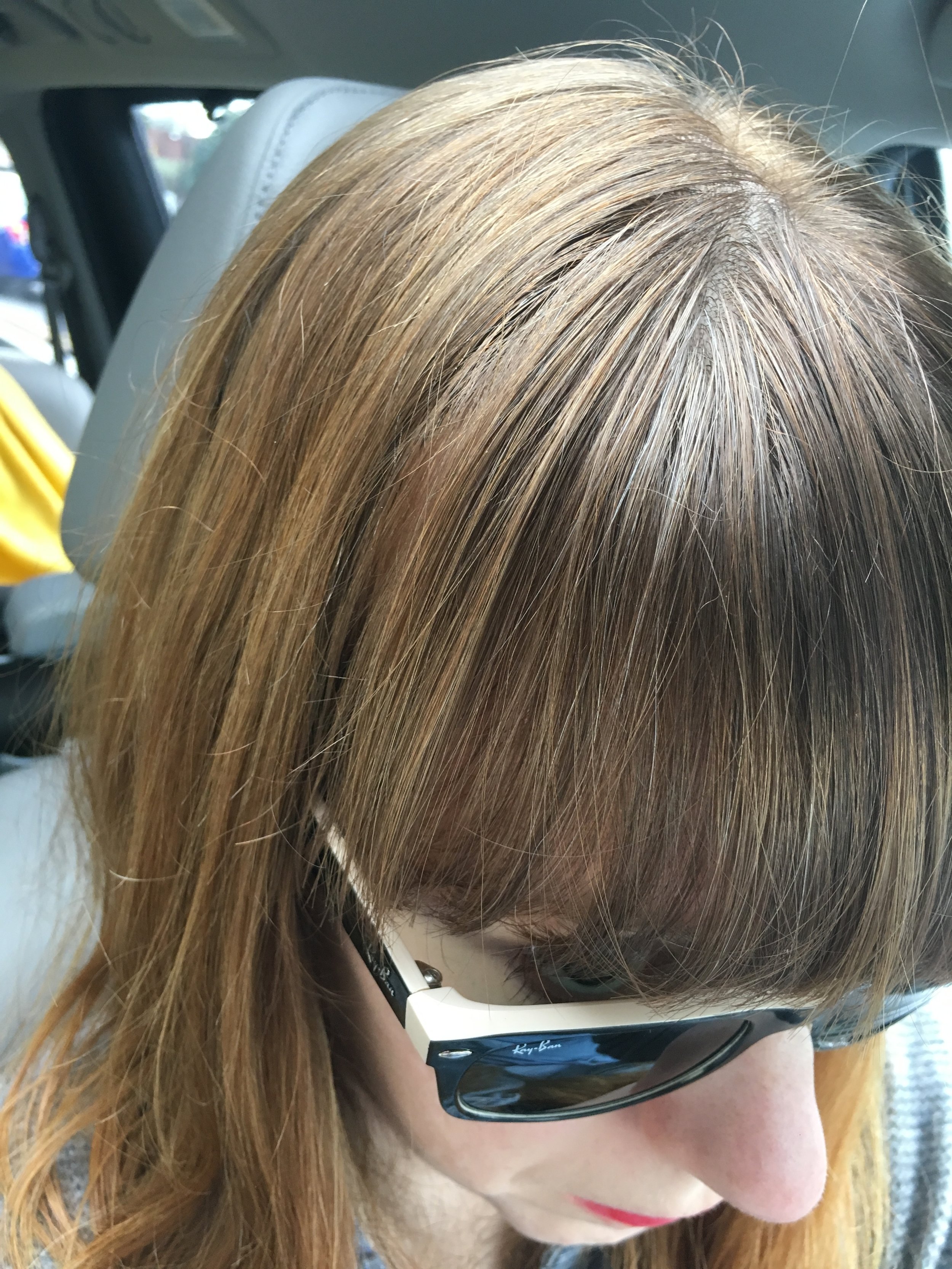My friend Donna died this morning. I met Donna at a Halloween party. She had bright red cheeks and kept cracking jokes about hot flashes. Her vivacity and energy absolutely filled the room and I spent the rest of the evening glued to her side.
We talked about husbands and children and travel and food. We bonded instantly over our shared passion for all things party. By the end of the evening, we were planning a zombie prom for the next year. We roped the cohost of the current party we were attending in joining our zombie prom efforts and were already discussing venues and invitation ideas as people began heading for home.
Over the course of the next year, I got to know Donna better. We joined a book club together. She welcomed me into her home for holiday parties and baby showers and book club dinners always with barrels full of laughter and generosity.
A year after our first meeting, a few weeks before our Zombie Prom, Donna was diagnosed with pancreatic cancer. All I knew about pancreatic cancer was what I had gleaned from Randy Pausch and his last lecture. All I knew was that it was a death sentence. I was terrified that she would be gone by Christmas.
However, by some miracle, Donna was a candidate for a rare surgery that is a powerful tool in the fight against pancreatic cancer. She set up a Facebook Page and asked my help naming it. (I didn’t realize how incredibly accurate my suggestion of Cancer: Battle Royale would be.) She made it to Christmas. She made it to the NEXT Christmas. She went on vacation with her family. She made memories with her children. She shared some of the most powerfully vulnerable moments I have ever seen anyone share during a journey like this. She was brave. She told people when she was feeling hopeful. She told people when she was feeling hopeless. It was an absolutely incredible thing to watch.
She also had time to become a passionate advocate for pancreatic cancer research. She joined our local chapter of the Pancreatic Cancer Action Network (PANCAN). She went to Washington, D.C. to lobby for change. She had just about everyone in Paducah wearing purple, including a famous local landmark.
I learned a lot from Donna during our short friendship but due to her advocacy this is one of the most important.
It does not have to be like this.
I had assumed that pancreatic cancer was deadly and that treatment options were limited because that’s just how it was. Because pancreatic cancer had not affected me directly, I didn’t spend a lot of time thinking about whether the reality of pancreatic cancer could change.
Donna taught me that it could change, it should change, it HAS to change.
All cancer used to be a death sentence. Breast cancer used to be a death sentence. However, as we’ve seen through breast cancer research and HIV/AIDS research, advocacy and awareness and research can help change all of that. You raise awareness so people know to look for symptoms. You raise money for research so we find better detection methods and more successful treatment options. You fight to make pancreatic cancer a treatable illness.
Unlike many other cancers, the survival rate for pancreatic cancer has remained substantially the same since the passage of the National Cancer Act over 40 years ago. The five-year survival rate has gone from 2 percent to 6 percent. Seventy-three percent of patients will die within the first year.
Lest you believe that pancreatic cancer is rare and will most likely not affect you think about this. While overall cancer incidence and death rates are declining, pancreatic cancer's rates are climbing and are projected to increase 55% by 2030. By 2020, pancreatic cancer is expected to become the second leading cause of cancer death in the United States.
This has to change.
Because of the pancreas's location and the lack of good detection methods, early detection is rare. Treatment options are extremely limited with only 15% of those diagnosed candidates for surgery - the best treatment option.
This has to change.
Only approximately 2 percent of the National Cancer Institute’s (NCI) budget is allocated to this leading killer. Worldwide pancreatic cancer research receives less than one percent of all private and government funding for cancer research.
This has to change.
We cannot leave it solely to the families of those left behind to advocate for change. They have a heavy burden and the challenge is huge. The Pancreatic Cancer Action Network is leading this fight and we can all help.
Become an advocate by sending messages to your Congressional representatives.
Participate in Pancreatic Cancer Advocacy Day on June 16th and 17th.
And spread the word!
PANCAN’s slogan is Know it. Fight it. End it. So, the least we can all do is know that the reality of pancreatic cancer is not set in stone and change is possible. The fight is worth it.
Donna taught me that.







